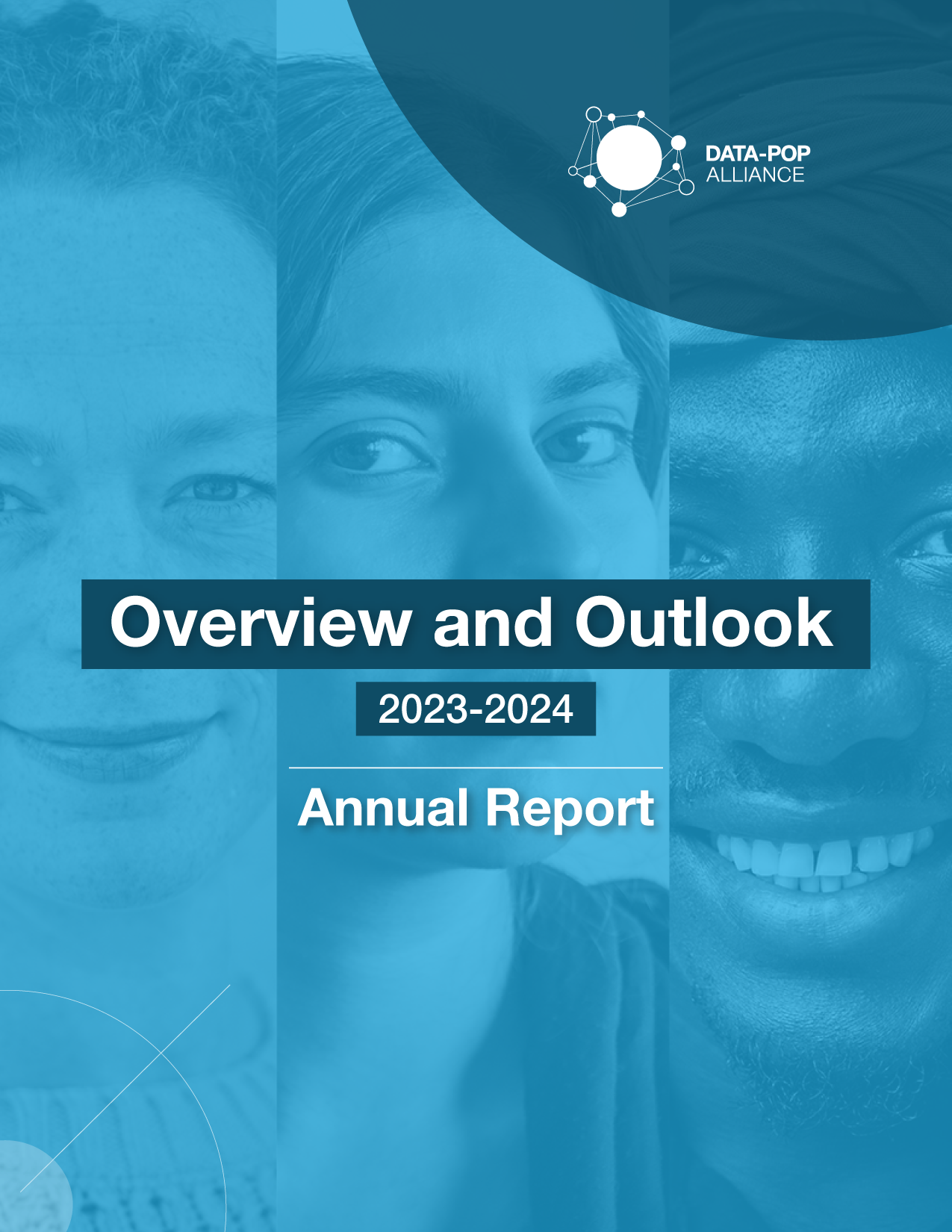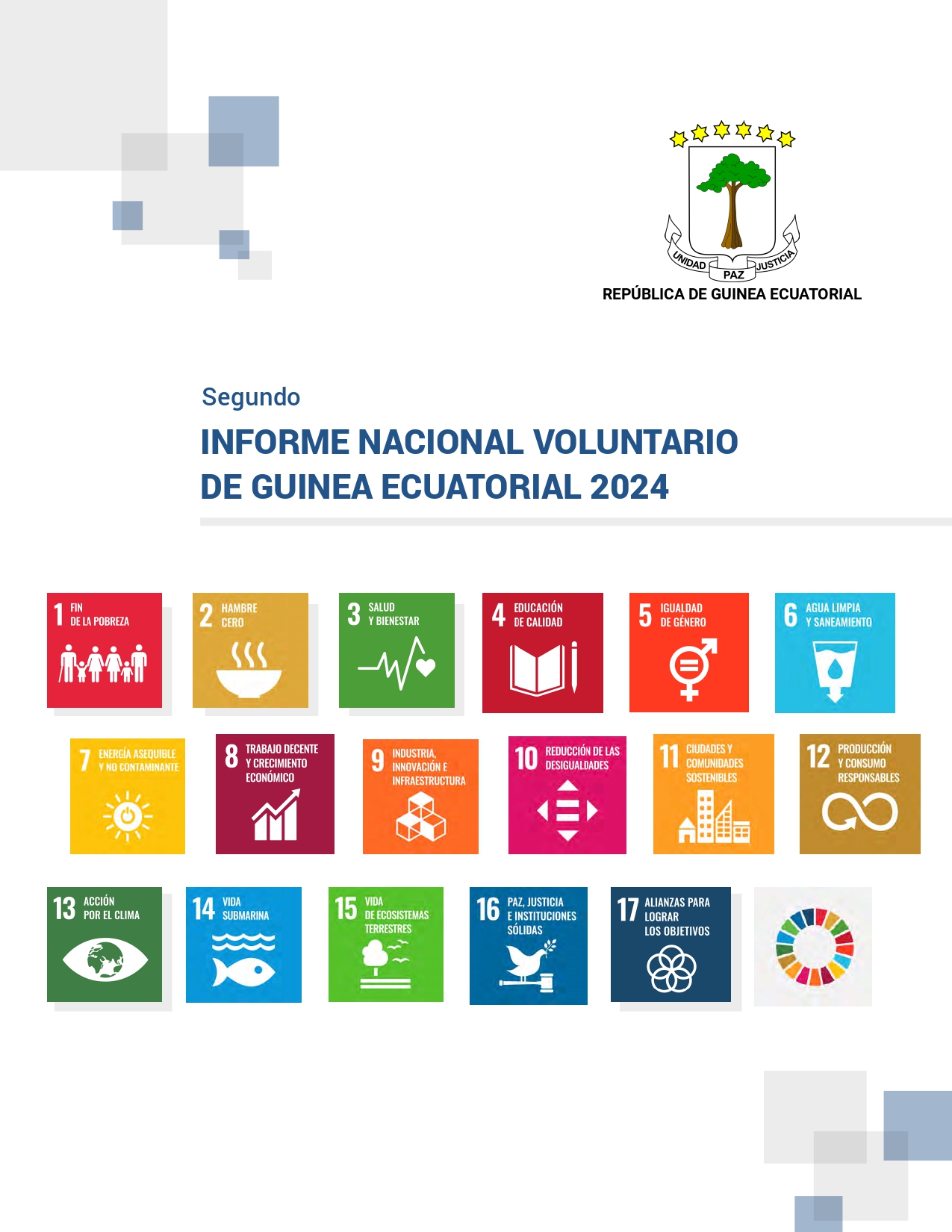Please kindly read the entire job posting. Application instructions are located at the end.
Data-Pop Alliance is looking for a Research and Content Intern for the Data Feminism Program. We are an international nonprofit created in 2013 out of the Harvard Humanitarian Initiative (HHI), the MIT Media Lab and ODI. We bring together researchers, experts, practitioners, and activists to change the world with data through three pillars of work: diagnosing local realities and human problems with data and AI; mobilizing capacities, communities, and ideas towards more data literate societies; and transforming the systems and processes that underpin our societies and countries.
DPA has partnered with and received funding from organizations such as the Inter-American Development Bank, UNDP, FAO, UN ESCWA, GIZ (German development agency), the Vodafone Institute, Oxfam México and other key international stakeholders to develop projects in Sub-Saharan Africa (SSA), Latin America and the Caribbean (LAC), the Middle-East and North Africa (MENA), and Asia. To learn more about DPA, please consult our website and our “Overview and Outlook 2022-2024” report.
DPA’s projects are managed and carried out by a core team of about 30 people, including Directors, Managers, Officers, Data Scientists, Research Assistants, and Interns.
Dates: 3 months, full-time
Location: Remote
Scope of Work
The Project and Research Manager will be supported by Project Officers and program staff, and report to the Program Director. He, she or they will:
|
1. Research on Gender (95%) |
|
| 2. Other Tasks and Duties as Required (5%) | |
Profile/Qualifications
-
- Recent graduate or final-year university student with a degree in Gender Studies, International Development, Political Science, Sociology, Economics, or a related social science field. A Master’s degree is a plus.
- Strong interest in research at the intersection of international development and gender equality, proven by previous academic projects, or volunteer work of professional experience.
- Previous experience analyzing and reviewing gender equality issues.
- Demonstrated understanding of feminist theory, intersectionality, and social justice frameworks.
- Proficiency in qualitative and quantitative research methods and analysis.
- Excellent oral and written communication skills in English and French (fluency in Spanish, Portuguese, and/or Arabic is a plus).
- Ability to work with people from different cultural backgrounds.
- Highly proactive, analytical and organized.
- Strong computer skills, including proficiency in MS Office applications (Word, Excel, PowerPoint, Outlook) and remote productivity tools (Drive, Slack, Zoom, etc.).
- Comfortable with remote teams and processes.
Candidates should be able to work independently, manage their time wisely, and meet deadlines. They should be detail-focused, reliable, professional, and possess strong research, writing, editing, and analysis skills, as well as excellent communication, and interpersonal skills.
Remuneration
500 USD per month
Recruitment Process
Qualified candidates are requested to submit a CV, a cover letter with two academic or work references to jobs@datapopalliance.org with the subject line “R2024010-Intern P4” by November 20, 2024, 6:00 pm EST. Candidates will be reviewed on a rolling basis, so early application is strongly encouraged.
Please note that only complete applications submitted entirely in English will be considered. Due to the large volume of applications, only short-listed candidates will be contacted.
Equal Opportunity
Data-Pop Alliance employs personnel without regard to race, ancestry, place of origin, color, ethnic origin, language, citizenship, creed, religion, gender, sexual orientation, gender identity, age, marital status, physical and/or mental handicap or financial ability. While remaining alert and sensitive to the issue of fair and equitable treatment for all, Data-Pop Alliance has a special concern with the participation and advancement of members of four designated groups that have traditionally been disadvantaged in employment: women, visible minorities, aboriginal peoples and persons with disabilities.


